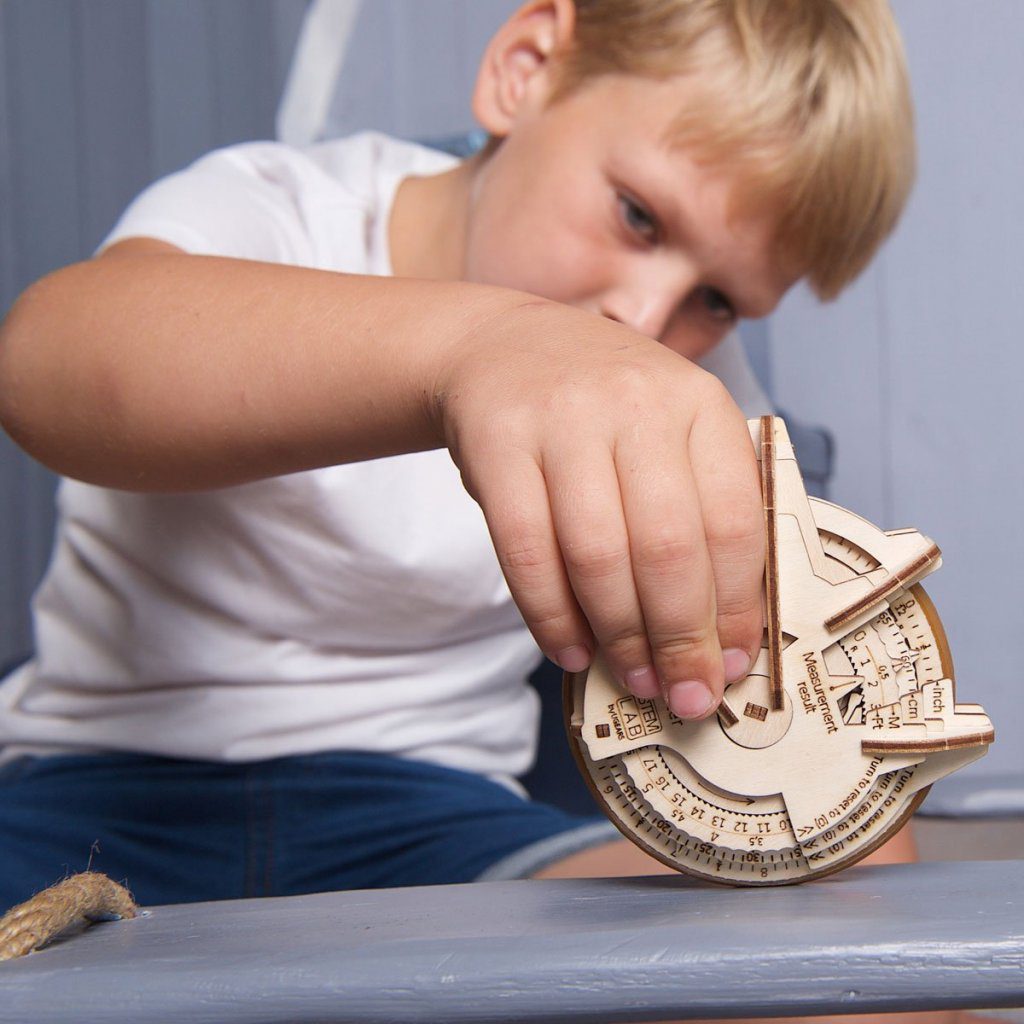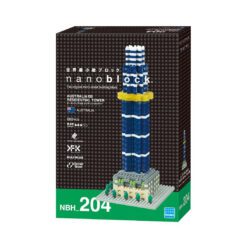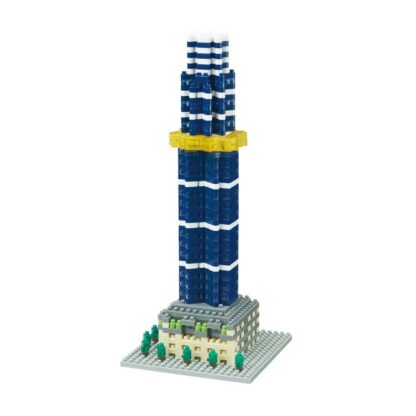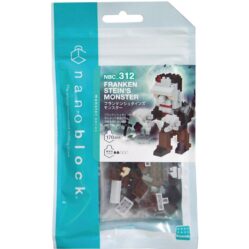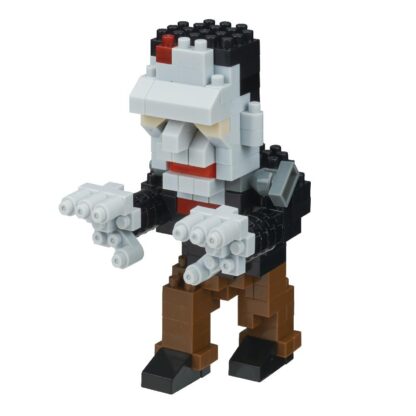Description
Model Size: 11.5*10.3*5.7 cm
Number of components: 109
Estimated time of assembly: 2 hours
Assemble it with your own hands and find out how a curvimeter works
The model comes with a QR-code that will forward you to the learning guide about the mechanism, the principal of its working, the main characteristics, formulas, and interesting assignments.
Dive into augmented reality and look at how the curvimeter works. Interact with the model via a special AR application from Ugears.
Learn how the CURVIVMETER works
The Curvimeter – or opisometer – is a device that measures the length of curved lines and helps to calculate the distance between the points on a map more precisely than a ruler or a compass.
The mechanism has a measuring wheel, a clock face and a hand. When the wheel moves along the line on a map that you need to measure, the hand moves around the clock face marked with measuring units – centimeters, inches, etc. All you need to do in the end is to check the map scale and to multiply your data by the denominator in the scale.
You can rely on the curvimeter when planning a hike with your friends or a family trip – it will help you to determine the distance you’d cover to get to your destination. The device is especially useful when you have no access to any electronic gadgets or the internet.
And a little bit of educational history…
When and who invented it
There is no verified information about the actual inventor of the curvimeter. Some sources say the credit of its invention belongs to the Roman engineer Virtuvius, who describes a very similar device around 23 BC. Others refer to a Chinese scholar, Zhāng Héng. Russian sources suggest that the curvimeter might have been invented by the polymath Mikhail Lomonosov who presumably initially called it “krivimetr”. All in all, the official first curvimeter patent belongs to the English engineer Edward Russell Morris who in 1873 registered “a novel device for measuring distances”.
Use
The Curvimeter is used to measure the length of curved lines on topographic maps, charts, schemes, and plans. It is a common tool for map-makers, tourists, and road services.
Ugears STEM-models are designed to suit different age groups with a special focus on learning component. The assembly of the model will be interesting and won’t take much time.
STEM-lab Construction kits come with all you need in a box, which includes:
- Wooden details pre-cut with a precise high-tech laser in high-quality plywood boards, as well as other materials required for assembly. The models need no glue or additional instruments to build. The details come out of the board with a slight push.
- Step-by step illustrated assembly instruction manual.
- Practical lab tasks with use of your model.
- QR-code to download a pocket study guide about your model, its mechanism, principle of its working, main characteristics, physical and mechanical formulas, and fun practical tasks.
- QR-code to download AR-application. Fascinating innovation from Ugears – new drive to learn more new things!












